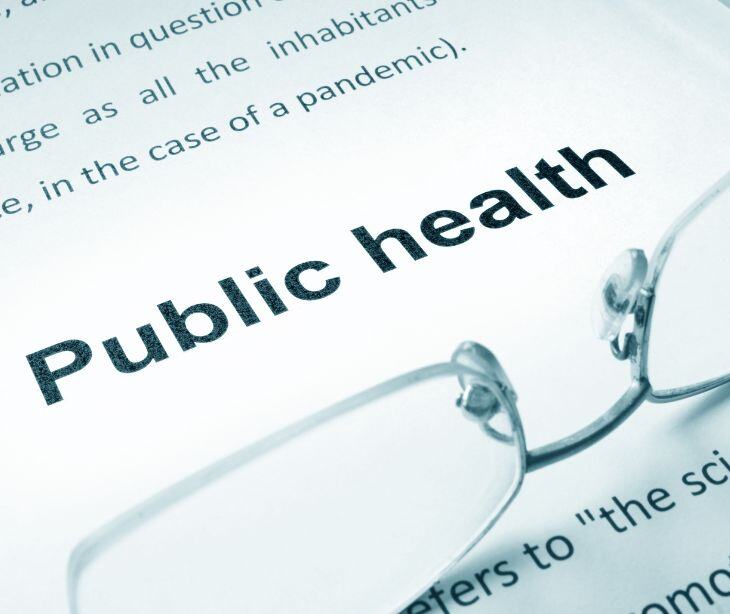
Epidemiologists must comply with HIPAA (Health Insurance Portability and Accountability Act) regulations. Their role in public health research requires handling sensitive health information, mandating a strong commitment to safeguarding patient privacy.
What is an epidemiologist?
An epidemiologist is a public health professional who specializes in studying the occurrence, patterns, and determinants of diseases and health conditions within populations. They investigate the causes and spread of diseases, aiming to understand how and why certain diseases develop and how they can be controlled or prevented.
Epidemiologists perform various functions essential to public health. Their functions and responsibilities include:
- Disease surveillance: Monitoring and tracking the occurrence and spread of diseases within populations to identify outbreaks and trends.
- Investigating disease outbreaks: Conducting investigations to determine the causes, sources, and risk factors of disease outbreaks and implementing measures to control and prevent further spread.
- Data collection and analysis: Gathering health data from diverse sources, including medical records, surveys, and laboratory tests. This data is analyzed to identify patterns, risk factors, and trends related to diseases or health conditions.
- Research: Designing and conducting studies to understand disease causes, distribution, and determinants.
- Risk assessment: Evaluating the risk of diseases in specific populations, considering factors like demographics, behaviors, environmental exposures, and genetics.
- Developing and implementing public health interventions: Using their findings, they develop and implement strategies and interventions to prevent or control diseases. This could involve vaccination programs, health education campaigns, policy recommendations, and more.
- Evaluating health programs: Assessing the effectiveness and impact of public health programs and interventions to improve their efficiency and outcomes.
- Policy development: Providing evidence-based recommendations to policymakers and healthcare professionals to guide decision-making and develop health policies.
- Communicating findings: Effectively communicating research findings, health risks, and recommendations to the public, healthcare professionals, policymakers, and other stakeholders.
- Collaboration and partnerships: Collaborating with other health professionals, researchers, governmental agencies, NGOs, and international organizations to address public health challenges collectively.
Related:
Epidemiologists and PHI
As key players in public health research, epidemiologists frequently encounter protected health information (PHI) while investigating disease patterns and health trends within populations.
Epidemiologists must navigate PHI with utmost care, ensuring that stringent measures are in place to protect individuals' identities. They often anonymize or de-identify data before analysis to prevent the identification of specific individuals while retaining the information's analytical value.
HIPAA compliance for epidemiologists
Epidemiologists, tasked with studying disease patterns and population health, frequently encounter PHI while conducting research or analyzing health trends.
Epidemiologists adhere to HIPAA regulations by obtaining necessary permissions for accessing health data, ensuring the confidentiality and security of PHI. They often anonymize data to protect patient identities and limit access to authorized personnel only. Secure storage and transmission methods are implemented to prevent unauthorized disclosures or breaches.
Non-compliance with HIPAA regulations can result in severe consequences like legal repercussions, fines, and ethical implications
Subscribe to Paubox Weekly
Every Friday we'll bring you the most important news from Paubox. Our aim is to make you smarter, faster.



